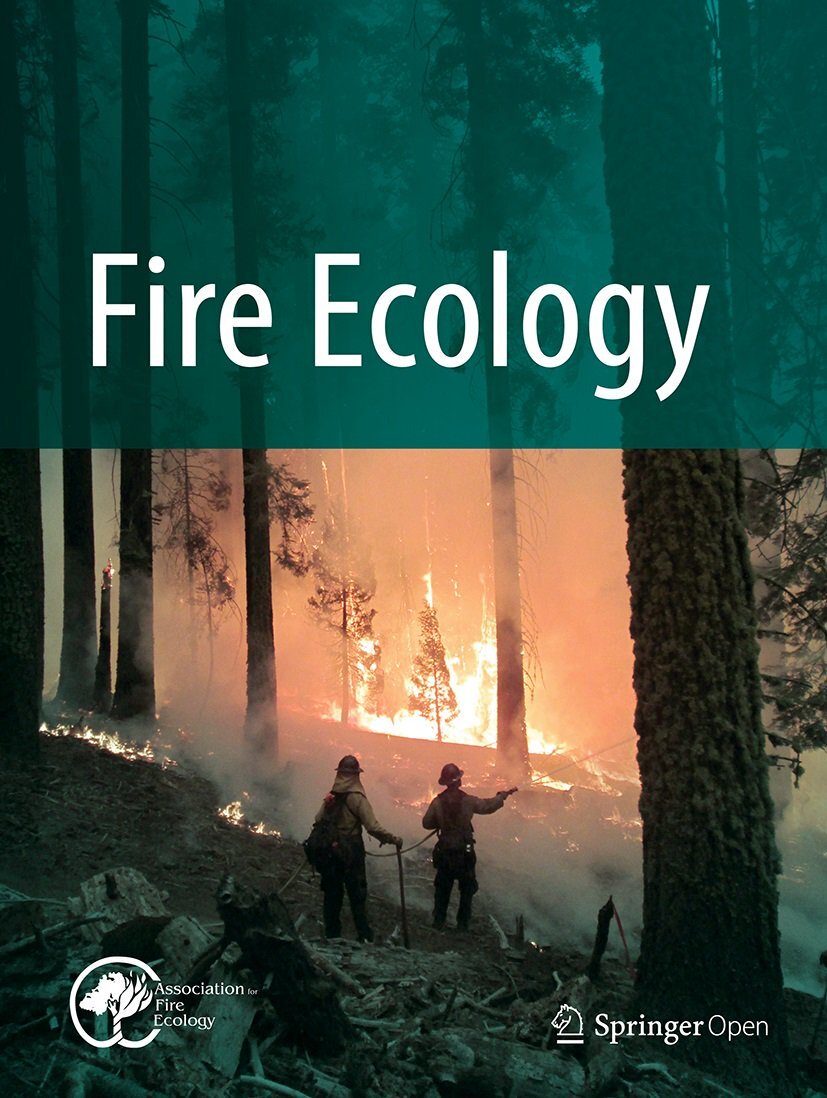February 6th, 2025 from 11am to 12pm MST
Fuel moisture content (FMC) plays a critical role in wildfire behavior, influencing ignition probability, spread rate, and smoke production. High FMC reduces fire intensity, while low FMC increases the risk of rapid fire spread. However, existing FMC datasets rely on sparse automated observations for dead fuels and infrequent manual sampling for live fuels. To overcome these limitations, the NSF National Center for Atmospheric Research, in collaboration with NOAA, has developed a national, machine-learning-based FMC retrieval system. This system integrates numerical weather prediction (NWP) models, such as the High-Resolution Rapid Refresh (HRRR), with satellite data from Suomi-NPP VIIRS, NOAA-20 VIIRS, and GOES-16 ABI, providing near real-time FMC estimates.
The machine learning models were optimized using key variables from the National Water Model, HRRR forecasts, and satellite-based surface reflectance and land surface temperature (LST) retrievals. Our findings highlight the importance of VIIRS predictors, which demonstrated strong correlations and were critical to model performance. Removing VIIRS retrievals significantly degraded the model’s accuracy, underscoring their value in estimating 10-hour dead FMC. HRRR variables also contributed meaningfully to predictions by capturing atmospheric dynamics and surface conditions.
We will present our ongoing demonstration of these retrievals, which began in March 2022, covering the contiguous U.S. (CONUS) and Alaska. The dataset offers fine spatial resolutions (375 m) with hourly updates, enabling intradiurnal monitoring. GOES-16 ABI data complements VIIRS by providing coarser-grain updates at higher temporal frequency, allowing us to enhance FMC predictions in near real time. This FMC dataset is accessible via an interactive public dashboard: https://fmc.ral.ucar.edu.
Presenter: Dr. John Schreck, Machine Learning Scientist, National Center for Atmospheric Research


